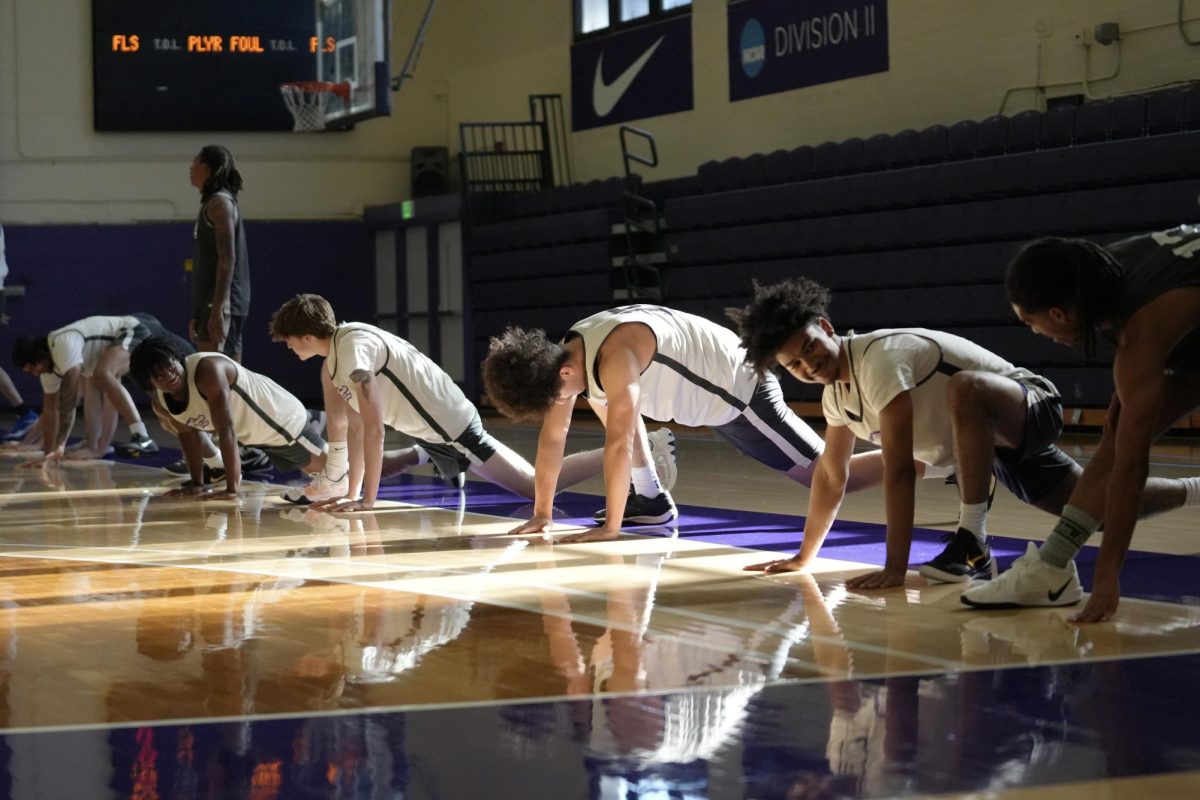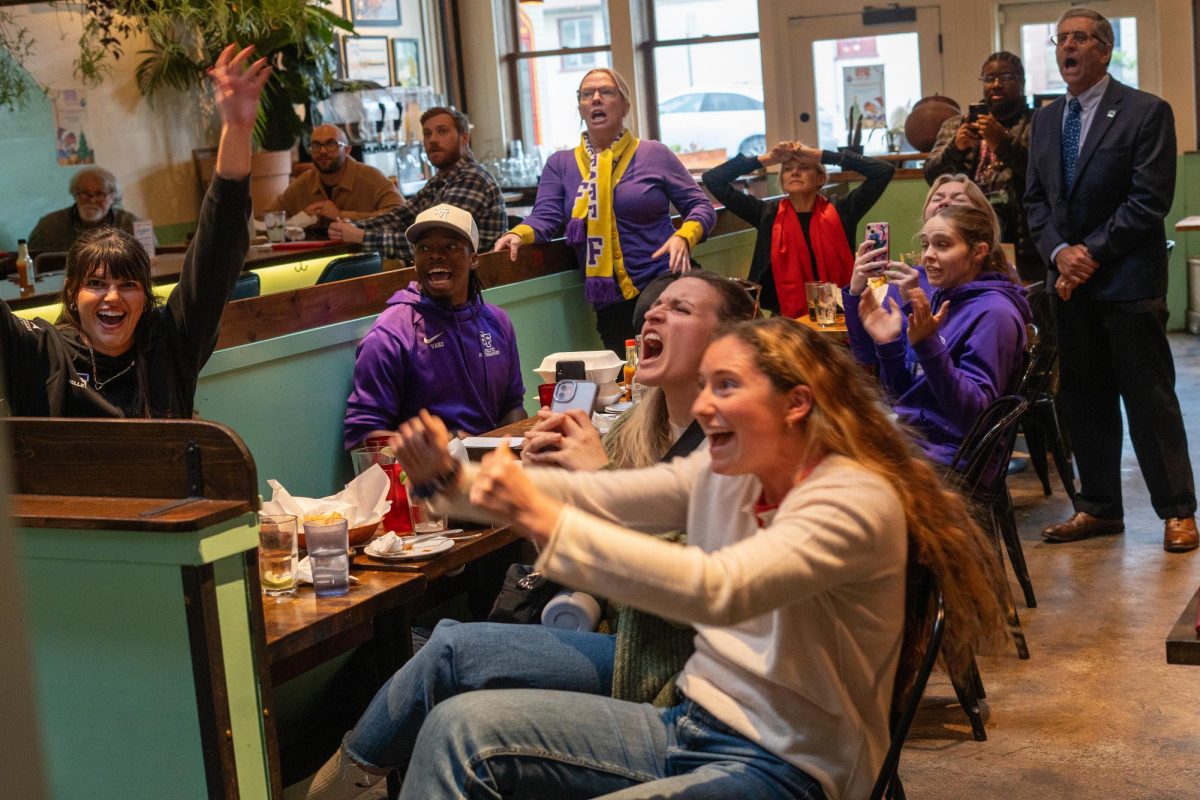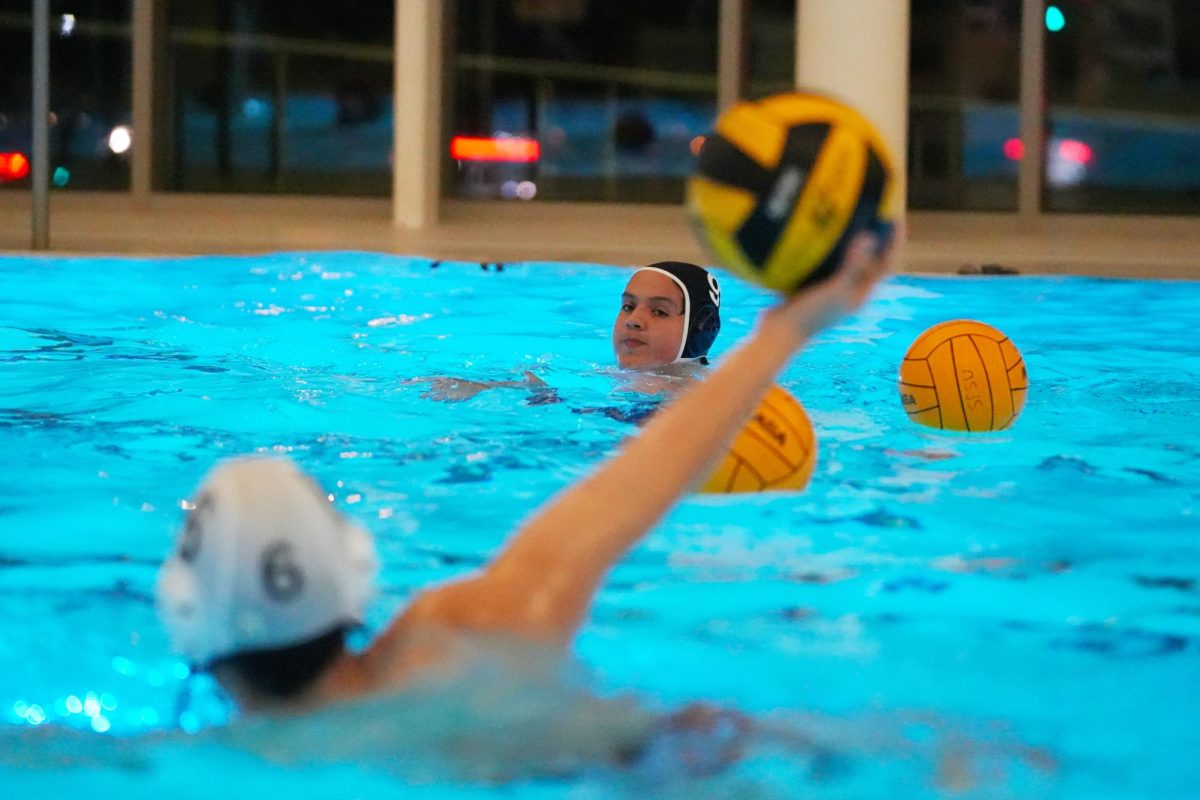For SF State student athletes, wearing a Gator uniform takes as much physical work on the field as it does mental work in the classroom.
Despite the tribulations that come with being a student athlete, last semester saw 72 student athletes make the more prestigious dean’s list out of 106 Gators who earned a spot on the honor roll.
“Find something that you want to focus on and go after it. There’s a lot of distractions that come when you’re trying to balance school and sports,” baseball infielder Danny Souza said. “I have priorities and I want to succeed whether it’s in baseball or in my future with finance. I know where I want to go and I’m able to look at those things and get my priorities set.”
Souza, one of the 72 Gators to make the list last semester, received the California Collegiate Athletic Association All-Academic Award three times. He juggles the responsibility of balancing a full load of classes with demanding practice schedules and a rigorous season.
All SF State student athletes are required to have a 2.0 grade point average or better to avoid academic probation and maintain eligibility in any sport, according to the 2013-2014 Student Athlete Handbook.
All athletes who are under a cumulative 2.3 GPA, or are first-time freshmen, are required to log three hours of study hall each week. If they miss any of their required study hall time, they will not see the field come game day. Repeat offenders have the possibility of losing priority registration.
“In Division II, we strive to have the student athlete succeed academically and on the field,” volleyball coach Jill Muhe said. “On the road, I’ll be a prompter of exams to make sure the athletes stay on top.”
The Gator Academic Resource Center, where student athletes have access to computers, printers and advising for academics and personal issues that may draw away their focus excelling on or off the field, is one of the many resources the University provides for athletes.
This semester, the GARC is consistently packed with 60 to 80 student athletes studying in the center each day.
“The goal of the center is to provide a comprehensive academic support program for student athletes here at San Francisco State,” said Apryl Guisasola, academic coordinator of the center. “Academics is a focus here, and we want student athletes to be students first. We want them to succeed academically and have a good experience.”
Student athletes who struggle academically can discuss the causes of their low academic performance with Guisasola who, depending on the student’s issues, schedules a series of meetings where a student athlete reports progress made inside the classroom.
“I’m really big on empowering students to learn and see advising as a way of teaching them how to do things themselves so they can become independent and self-reliant,” Guisasola said. “We’re not here doing things for them, but instead empowering them to be able to do it on their own.”
SF State biology professor Heather Murdock has taught a numerous amount of student athletes. She said that strong communication between student athletes and professors avoids conflicts about missed classes and helps maintain academic progress.
“They’re good at making up the material, and I find that they are very responsible,” Murdock said. “I know it’s challenging to balance (school, practice and games), but I think they are very motivated students that love their sport and are willing to give up some social time to be able to do everything.”






